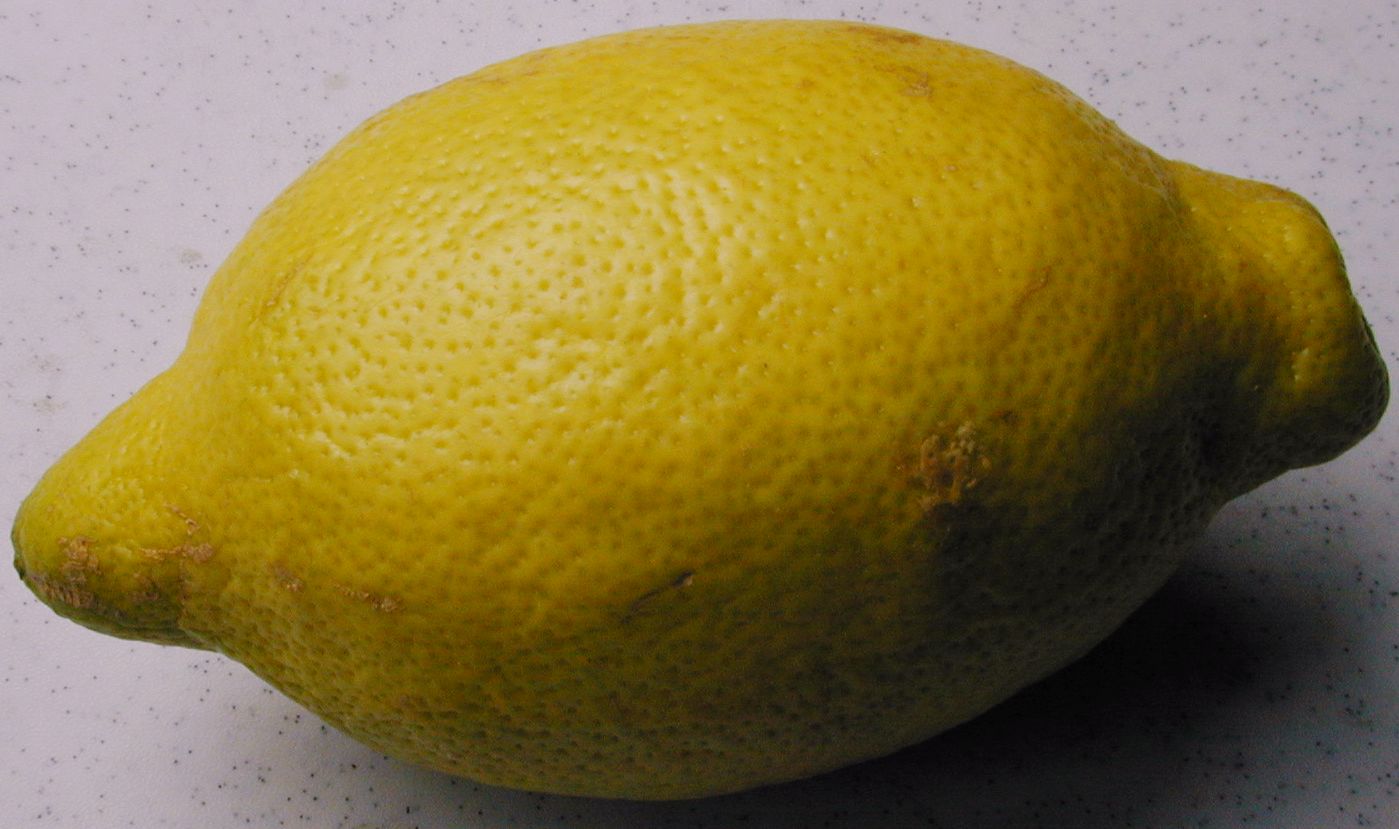Acid reflux, or gastroesophageal reflux (GER), is a common digestive disorder that affects millions of folks worldwide. It occurs when stomach acid flows back in to the esophagus, the tube connecting the throat and stomach. This backflow may cause irritation, discomfort, and other symptoms. When acid reflux becomes chronic, it’s generally known as gastroesophageal reflux disease (GERD). Comprehending the causes, symptoms, and solutions Gifyu link for more info acid reflux is necessary for managing this condition effectively.
Causes of Acid Reflux
The primary cause of acid reflux is a malfunction of the lower esophageal sphincter (LES), a ring of muscle by the end of the esophagus. In general, the LES acts as a valve that opens to allow food into the stomach and closes to stop stomach acid from escaping. On the other hand, if the LES is weak or relaxes inappropriately, stomach acid can flow back in to the esophagus.
Several factors can contribute to the weakening of the LES, including:
Obesity: Excess weight increases abdominal pressure, which can push stomach contents into the esophagus.
Diet: Consuming large meals or lying down just after eating can trigger reflux. Foods like spicy dishes, citrus fruits, chocolate, caffeine, and alcohol are common culprits.
Smoking: Smoking weakens the LES and increases acid production.
Pregnancy: Hormonal changes and pressure from the growing fetus can lead to reflux.
Hiatal Hernia: A condition where part of the stomach pushes up over the diaphragm, weakening the LES.
Symptoms of Acid Reflux
The symptoms of acid reflux vary from mild to severe and can significantly impact daily life. Common symptoms include:
Heartburn: A burning sensation within the chest that may spread to the throat.
Regurgitation: A sour or bitter-tasting acid backing up in to the throat or mouth.
Dysphagia: Difficulty swallowing.
Chronic Cough: Persistent coughing, especially in the evening.
Laryngitis: Inflammation of the vocal cords leading to hoarseness.
Chest Pain: Pain or discomfort within the chest, often confused with heart-related issues.
Identifying Acid Reflux
To diagnose acid reflux, a healthcare provider may perform several tests, including:
Endoscopy: A procedure using a flexible tube with a camera to look at the esophagus and stomach.
pH Monitoring: Measuring the amount of acid within the esophagus over a 24-hour period.
Esophageal Manometry: Assessing the muscle contractions within the esophagus during swallowing.
Managing and Treating Acid Reflux
Effective management of acid reflux involves a combination of lifestyle changes, dietary adjustments, medications, and sometimes surgical interventions.
Lifestyle Modifications
Dietary Changes: Avoid trigger foods and eat smaller, more frequent meals. Incorporate low-acid foods, lean proteins, and whole grains into your diet.
Weight Loss: Losing excess weight can reduce abdominal pressure and alleviate symptoms.
Elevate the Head During Sleep: Raise the head of your bed by 6-8 inches or use a wedge pillow to avoid nighttime reflux.
Avoid Lying Down After Meals: Stay upright for at least three hours after eating to minimize reflux.
Medications
Antacids: Over-the-counter antacids like Tums, Rolaids, and Maalox neutralize stomach acid and provide quick relief.
H2 Blockers: Medications for example ranitidine (Zantac) and famotidine (Pepcid) reduce acid production.
Proton Pump Inhibitors (PPIs): Drugs like omeprazole (Prilosec) and esomeprazole (Nexium) are potent acid reducers that enable the esophagus to heal.
Surgical Options
In severe cases, surgical operations might be necessary:
Fundoplication: Wrapping the very best of the stomach around the LES to strengthen it.
LINX Device: Placing a ring of magnetic beads around the LES to reinforce its function.
Natural Remedies
Ginger: Incorporating ginger into your diet can reduce symptoms due to its anti-inflammatory properties.
Aloe Vera Juice: Drinking aloe vera juice can soothe the esophagus and reduce inflammation.
Chewing Gum: Chewing sugar-free gum increases saliva production, helping neutralize stomach acid.
 Acid reflux is a manageable condition with the correct combination of lifestyle changes, dietary adjustments, medications, and, in some cases, surgical intervention. Comprehending the causes and symptoms of acid reflux is important for effective management. If you experience persistent or severe symptoms, it is imperative to consult a healthcare provider to develop a tailored plan of action and stop complications. With appropriate care, most people can control their acid reflux and maintain a great standard of living.
Acid reflux is a manageable condition with the correct combination of lifestyle changes, dietary adjustments, medications, and, in some cases, surgical intervention. Comprehending the causes and symptoms of acid reflux is important for effective management. If you experience persistent or severe symptoms, it is imperative to consult a healthcare provider to develop a tailored plan of action and stop complications. With appropriate care, most people can control their acid reflux and maintain a great standard of living.

